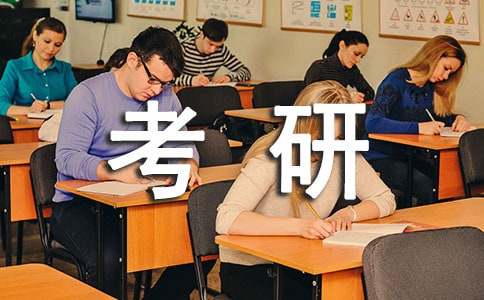值得一背的考研閱讀真題
Science, in practice, depends far less on the experiments it prepares than on the preparedness of the minds of the men who watch the experiments. Sir Isaac Newton supposedly discovered gravity through the fall of an apple. Apples had been falling in many places for centuries and thousands of people had seen them fall. But Newton for years had been curious about the cause of the orbital motion of the moon and planets. What kept them in place? Why didnt they fall out of the sky? The fact that the apple fell down toward the earth and not up into the tree answered the question he had been asking himself about those larger fruits of the heavens, the moon and the planets.

How many men would have considered the possibility of an apple falling up into the tree? Newton did because he was not trying to predict anything. He was just wondering. His mind was ready for the unpredictable. Unpredictability is part of the essential nature of research. If you dont have unpredictable things, you dont have research. Scientists tend to forget this when writing their cut and dried reports for the technical journals, but history is filled with examples of it.
In talking to some scientists, particularly younger ones, you might gather the impression that they find the scientific method a substitute for imaginative thought. Ive attended research conferences where a scientist has been asked what he thinks about the advisability of continuing a certain experiment. The scientist has frowned, looked at the graphs, and said the data are still inconclusive. We know that, the men from the budget office have said, but what do you think? Is it worthwhile going on? What do you think we might expect? The scientist has been shocked at having even been asked to speculate.
【值得一背的考研閱讀真題】相關(guān)文章:
值得背誦的考研閱讀的真題05-22
值得背誦滴考研閱讀真題12-27
考研閱讀真題05-24
考研閱讀的真題05-22
2018考研閱讀真題05-27
考研閱讀真題范本05-25
考研閱讀真題練習(xí)05-23
考研真題閱讀解析05-23
考研英語閱讀真題文章08-09